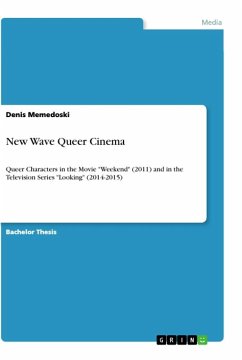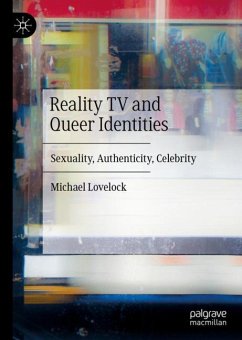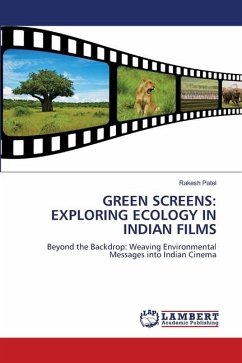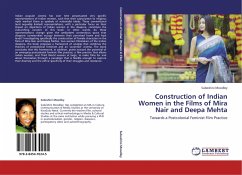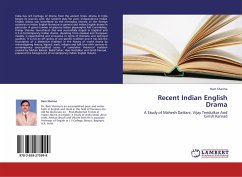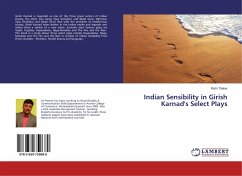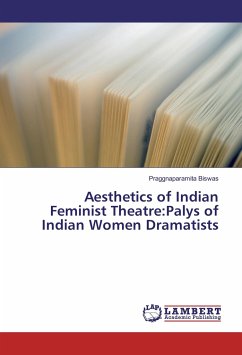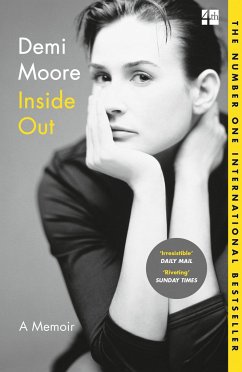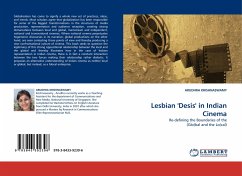
Lesbian ''Desis'' in Indian Cinema
Re-defining the Boundaries of the (Glo)bal and the Lo(cal)
Versandkostenfrei!
Versandfertig in 6-10 Tagen
32,99 €
inkl. MwSt.

PAYBACK Punkte
16 °P sammeln!
Globalisation has come to signify a whole new set of practices, ideas, and trends. Most scholars agree that globalization has been responsible for some of the biggest transformations in the structures of media production, representation and audience reception, creating strong demarcations between local and global, mainstream and independent, national and transnational cinemas. Where national cinema perpetuates hegemonic discourses in its narrative, global productions on the other hand, are seen contesting those points of view and thereby producing a new confrontational culture of cinema. This ...
Globalisation has come to signify a whole new set of practices, ideas, and trends. Most scholars agree that globalization has been responsible for some of the biggest transformations in the structures of media production, representation and audience reception, creating strong demarcations between local and global, mainstream and independent, national and transnational cinemas. Where national cinema perpetuates hegemonic discourses in its narrative, global productions on the other hand, are seen contesting those points of view and thereby producing a new confrontational culture of cinema. This book seeks to question the legitimacy of this strong oppositional relationship between the local and the global and thereby illustrates how in the case of lesbian representation in Indian cinema, there is in fact a constant interaction between the two forces making their relationship rather dialectic. It proposes an alternative understanding of Indian cinema as neither local or global, but instead, as a Glocal enterprise.



